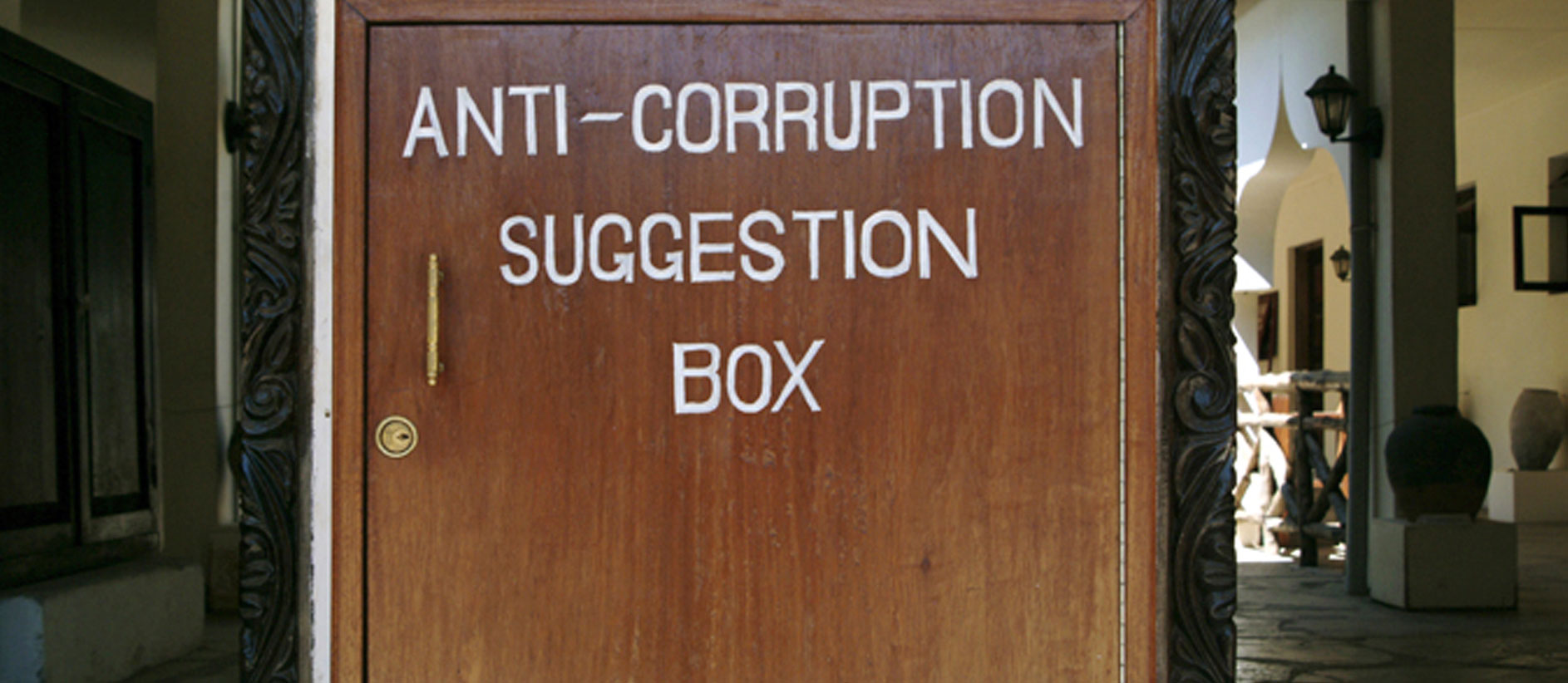The Global Compact Self Assessment Tool, which was first launched in 2010, is a free online tool that enables companies to measure their performance on the 10 Global Compact Principles.
The tool covers a new management section in addition to an updated human rights, labour, environment and anti-corruption section. The new management feature to the tool enables self-assessment of processes ensuring that the Global Compact Principles are adequately assessed, defined, implemented and communicated in line with the Global Compact Blue Print and the UN Guiding Principles on Business and Human Rights.
– We are happy to introduce this update to the UN Global Compact Self Assessment tool, which was the first online tool for companies to assess their implementation of the Global Compact Principles, said Deputy Director General Victor Kjær from the Danish Business Authority, one of the four founders of the tool.
Also the Danish business community is pleased with the updated tool:
– For many companies, especially smaller businesses, it can be difficult to know where to begin with the Global Compact. This updated tool helps both new potential Global Compact members and existing members, states International Policy Advisor Christine Jøker Lohmann from the Confederation of Danish Industry.
The tool has been developed as a resource for both members and non-members of the UN Global Compact. Non-members can use the tool to assess their current alignment to the 10 Principles of the UN Global Compact. Global Compact members can use the tool to assess their adherence to the principles and as an aid in their mandatory Communication on Progress.
– Many companies ask themselves what the Global Compact principles actually mean in practice. This tool unpacks all 10 principles into checklists consisting of concrete questions and indicators. Along with the new management section, companies can clearly see where their most important challenges are, and begin to address them, says Advisor Cathrine Bloch Poulsen-Hansen, Danish Institute for Human Rights.
– By using the Global Compact Self Assessment Tool, companies can rather quickly generate an overview of to show what they are currently doing well and where an effort is needed to demonstrate improvements over time, adds CSR Manager Birgitte Bang Nielsen from the Investment Fund for Developing Countries.
Partnership behind the tool
The Global Compact Self Assessment Tool has been developed by a partnership consisting of The Danish Business Authority, The Confederation of Danish Industry, IFU – Investment fund for developing countries, The Danish Institute for Human Rights and the UN Global Compact Secretariat.
Since the launch of the tool in 2010, several different companies from all over the world have used it, and the new version of the tool has been presented to business networks in Egypt and Brussels.
Facts about the tool
The Global Compact Self Assessment Tool:
- Translates the Global Compact Principles into practical self-assessment questions and performance indicators.
- Enables companies to analyze their performance with respect to the UN Global Compact, and supports the development of a Communication of Progress.
- Can be used by all company size and sectors
- Available online – free of charge
The Global Compact Self Assessment Tool is freely available online atwww.UNGCSA.org
Learn more about the UN Global Compact here:www.unglobalcompact.org
For more information, contact
Confederation of Danish Industries: Christine Jøker Lohmann: cjni@di.dk
IFU – Investment fund for developing countries: Birgitte Bang Nielsen:bbn@ifu.dk
The Danish Business Authority: Julie Villadsen, JulVil@erst.dk
Danish Institute for Human Rights: Cathrine Bloch Poulsen-Hansen:cph@humanrights.dk

